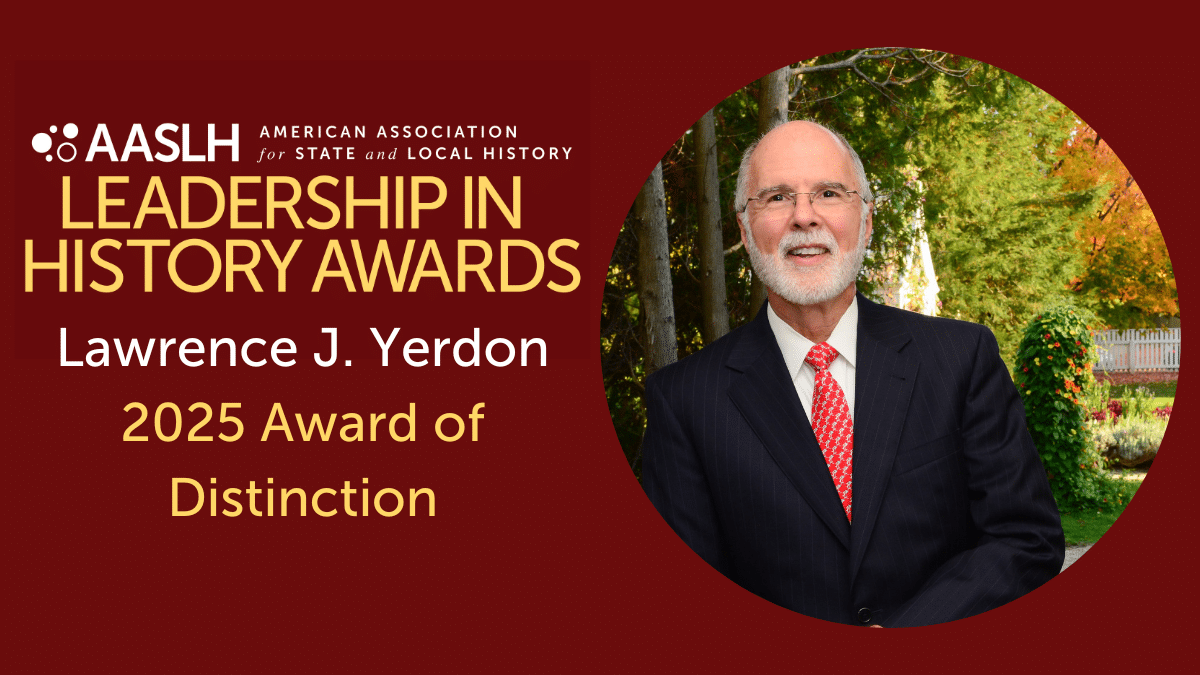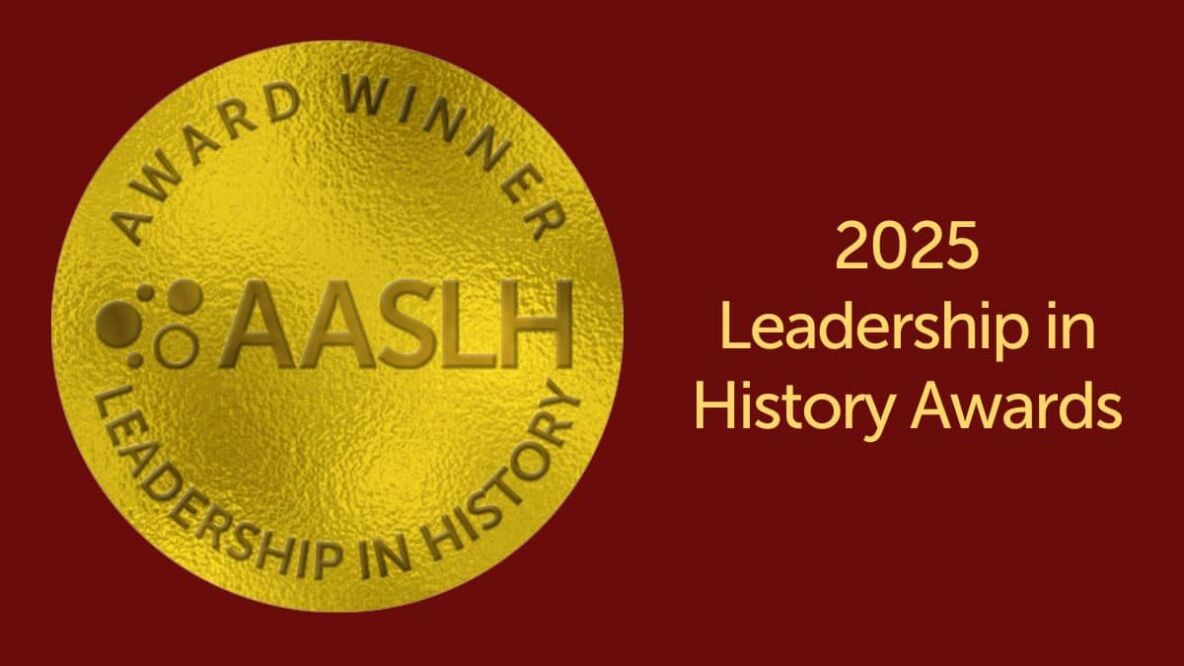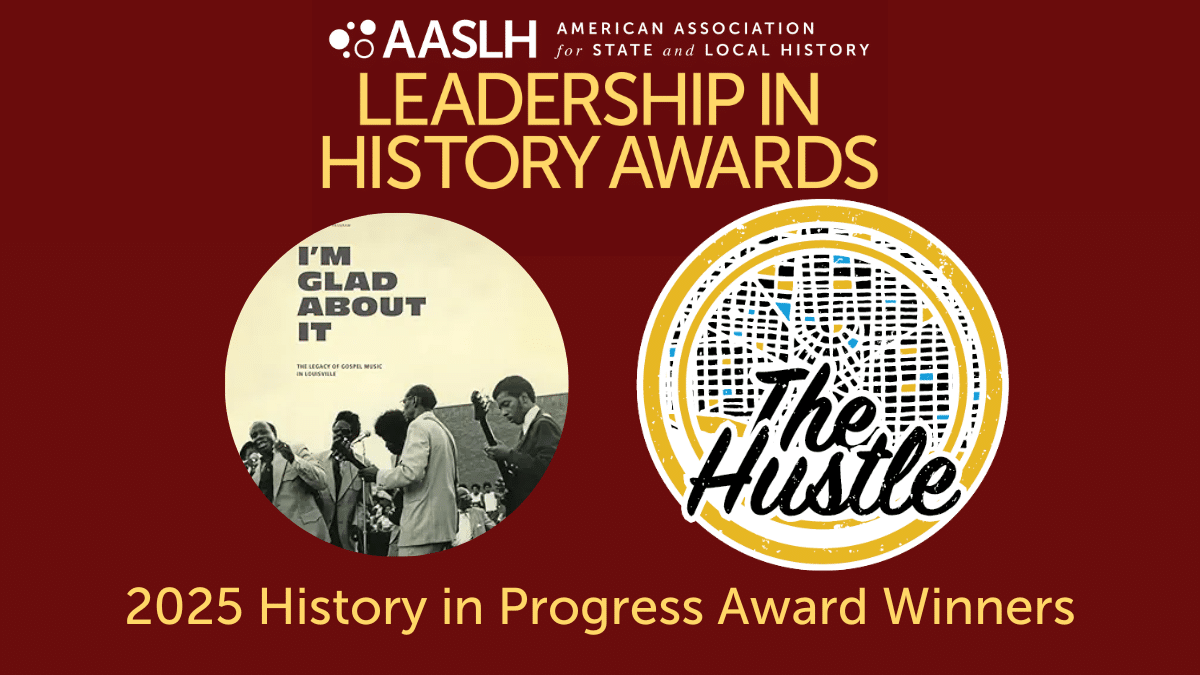Proposed plans to widen a state road and construct new interchanges near Savannah in Chatham County, Georgia led to the discovery and study of a 19th-century African-American settlement site. In Abercorn Archaeology, archival research, fieldwork, laboratory analysis, and public tours combined to bring this site’s story to life in the context of Savannah’s history.
As part of the review required by Section 106 of the National Historic Preservation Act, archaeologists from New South Associates, Inc., in consultation with project sponsors Georgia Department of Transportation and the Federal Highway Administration’s Georgia Division, worked at the site from February to May 2013. They uncovered traces of houses, storage pits, and other features and artifacts that provided significant information about daily life for pre- and post-Emancipation African-Americans who occupied the area. A two-volume report on the excavations yielded important information about African-Americans enslaved on Georgia plantations, including how they organized settlements and used their domestic yards, their degree of autonomy, how they differed from slaves who lived closer to the planter’s house, as well as how their lives changed during the period of time immediately after the Civil War.
This project also incorporated a program of public access to encourage visitors to participate in site tours and follow the work through social media. A full-time Public Archaeologist was hired to spearhead this public outreach program, and because of these efforts, a total of 1,098 visitors came to the site for ninety minute tours during the nine weeks of fieldwork. When the site was closed, a series of interpretive panels were posted to inform visitors about the project and the site’s history and archaeology. Additionally, the project included the creation of a children’s book and the development of an educator’s curriculum guide using site information to teach state-mandated standards through lessons and activities for 4th grade children. The children’s book and curriculum guide were distributed to schools, libraries, and museums in and around the Savannah-Chatham County area as part of outreach for the project.
The Abercorn Archaeology project overall demonstrates how efforts at mitigation can go beyond mere compliance with environmental laws required of federally-funded projects. It can instead lead to dynamic and engaging programs with a number of communities, all brought together by the lessons from the past and projects planned for the future needs of society.
Recipient
field_52247df8cf362
Award Details
field_52247df8ef76a
Online Details
field_52247df90c76e
Contact Details
field_52247df916ae8



